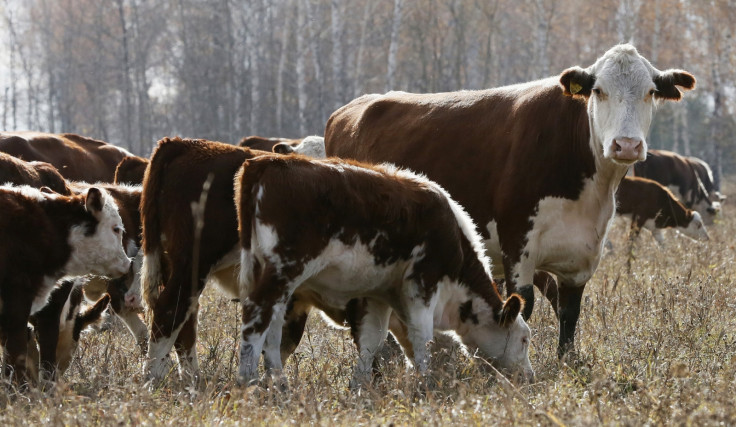Genetic Engineering: Synthetic Milk May Be Next After Synthetic Meat

If the plans of a vegan duo materialise, cow's milk will soon be made minus the cow.
Genetically engineered yeast will churn out milk proteins in a liquid that tastes and feels like cow's milk.
Ryan Pandya and Perumal Gandhi who founded Muufri, a synthetic dairy start-up in San Francisco, started lab trials early this year and hope to have their synthetic cow's milk ready by early 2017.
The duo want to save cows from the harrowing trials of modern-day industrial farms that feed them growth hormones, artificially inseminate them and take away the calves to make the milk available for humans, they told National Geographic.
They plan to insert DNA sequences from cattle into yeast cells, grow the cultures at a controlled temperature and harvest milk proteins.
While the proteins will come from yeast, the fat will be extracted from vegetables. Minerals, like calcium and potassium, and sugars available in the market will be added to the brew.
They intend to use healthier fat than found in natural milk and a sugar more suited to people who are lactose intolerant.
Water makes up almost 87% of milk. Casein protein, whey proteins, fat, lactose (the milk carbohydrate), glucose and some trace elements make up the rest.
Not everyone is enthused by the idea or believes it will work.
"The 20 or so components of Muufri barely scratch the surface of milk's complex chemistry," said Philip Tong, director of the Dairy Products Technology Center at Cal Poly in San Luis Obispo, California.
Others point out the high cost of extracting fats from vegetables, a process requiring water, fertiliser, and high quality farm-land.
The debate on genetically modified foods will go on for some time as critics wonder how safe it is to ignore natural cycles and produce food in an engineered, industrial environment.
Perumal assures that his engineered yeast will at most produce a few animal proteins and die, in the case of escaping into the environment.
Muufri believes in fact that taking the pressure off cows and making milk synthetically will reduce the pressure on the environment.
As of 2006, 74% of the world's poultry, 43% of beef, 50% of pork, and 68% of eggs were produced under intensive animal farming practices, according to the Worldwatch Institute.
These animal factories use artificial methods to maintain animal health and improve production, such as the use of antimicrobial agents, vitamin supplements, and growth hormones.
It was just last year that Dutch scientists made a hamburger from meat grown in the lab and claimed the process could reduce environmental footprint of meat production.
They grew bovine stem cells in a vat, turned them into tens of thousands of thin strips of beef muscle cells and mixed them with blood and artificially grown fat. Talk of the witches brew!
© Copyright IBTimes 2025. All rights reserved.





















